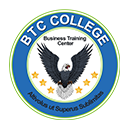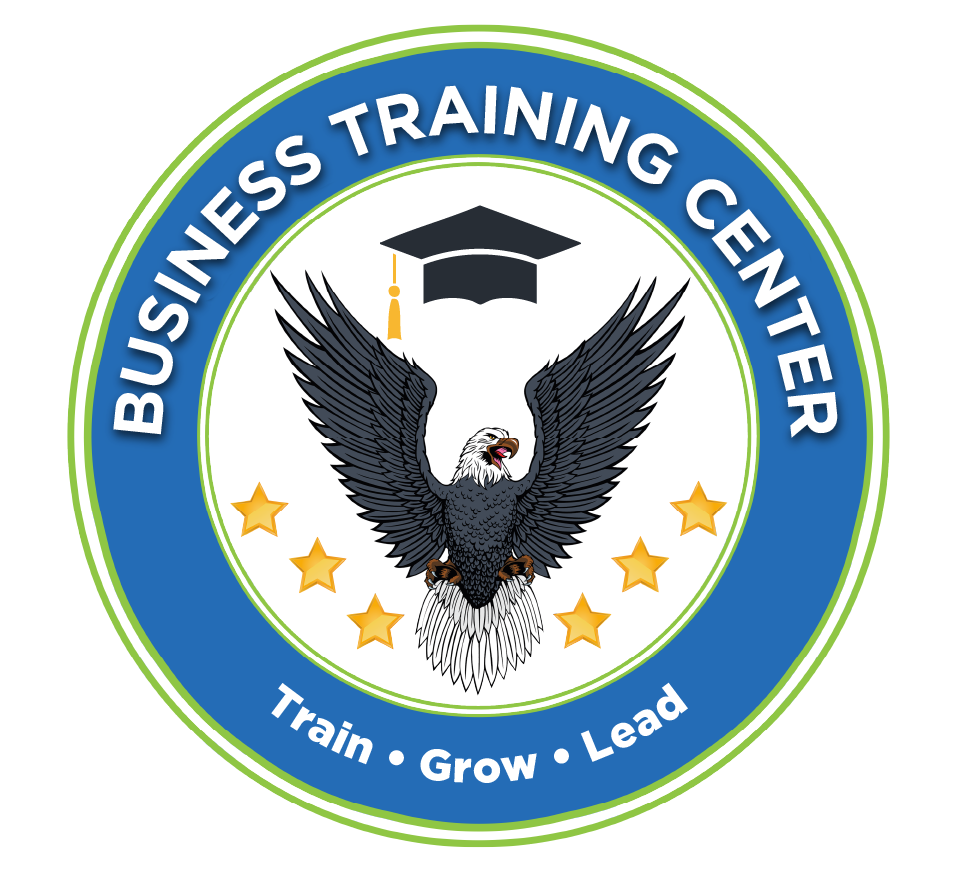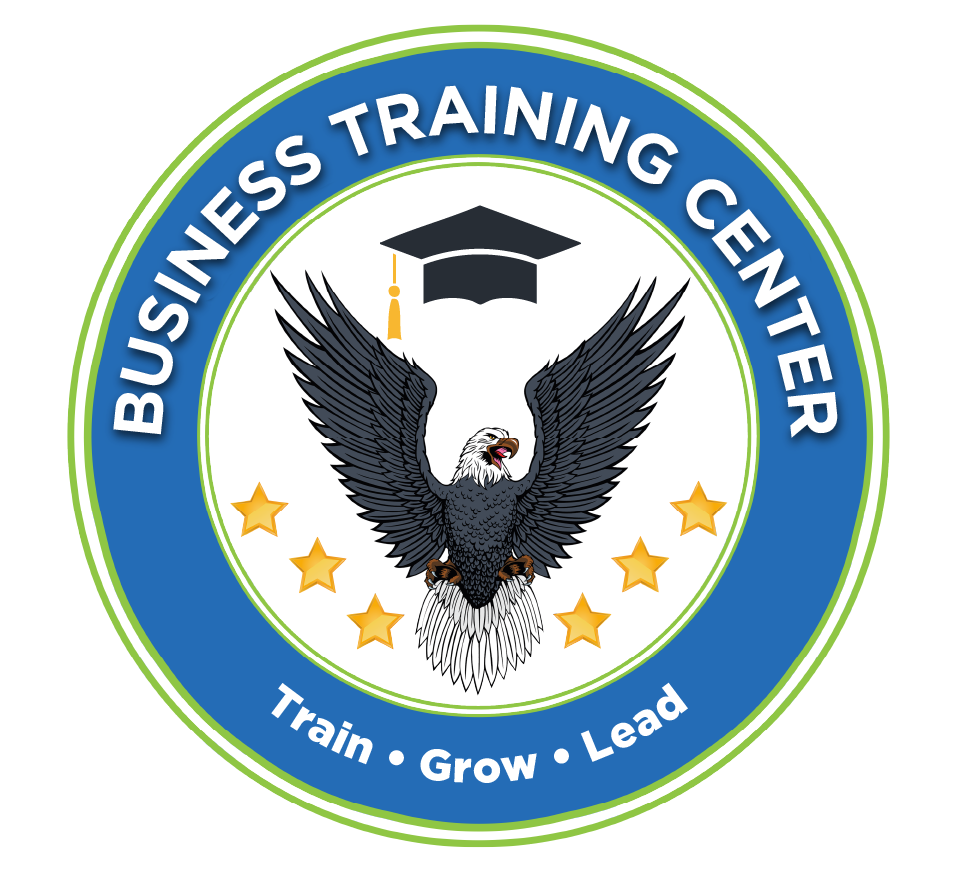THIS UNIQUE AND IMPORTANT PROGRAM IS ENJOYABLE, INTERESTING, EDUCATIONAL, INFORMATIVE AND MOTIVATIONAL, AND WILL PROVIDE THE KEY KNOWLEDGE REQUIRED TO BECOME AN EFFECTIVE AND PROFESSIONAL EARLY CHILDHOOD EDUCATION.
The Program is designed to be studied by those who are already working in an early childhood care and educational capacity, including teachers, teaching assistants, child-minders, child-carers, parents and others; AND also for men and women who wish to become ECE’s – ‘early childhood educators’ – as teachers, carers or in another role. ALSO: (1) Anybody enrolling for this Program before 1st December 2022 will also be enrolled FREE for a Course on Leadership & Organisation; the only requirement is that you provide your personal email address to the College on enrollment. (2) During the “Covid-19” (Corona) virus pandemic, Members may opt to take an Assignment (home-based course work) instead of an Examination to complete the Program.
Curriculum
- 6 Sections
- 24 Lessons
- 18 Weeks
Expand all sectionsCollapse all sections
- Module 1 - The Importance of Early Childhood Care & Education4
- 1.1The formative years: physical, socio-emotional, language and cognitive ability
- 1.2Early childhood educators (ECEs) and early childhood education
- 1.3Cognition, developing motor skills, a sense of self, preparing children for education
- 1.4Early years settings, learning environments, early childhood developmental milestones
- Module 2 - The Early Years Foundation Stage (EYFS)4
- 2.1EYFS welfare and development goals, standards for childcare, measuring children’s progress
- 2.2Areas of learning and development, EYFS principles, Aims of EYFS curriculum and guidelines
- 2.3Learning goals, learning objectives, learning outcomes
- 2.4EYFS profile, observation and making assessments, uses of results from the profile
- Module 3 - Early Childhood Educators4
- 3.1ECE professionals, requirements, duties and responsibilities, essential character traits
- 3.2Providing a learning environment for young children, planning, supervision, safety
- 3.3Addressing children’s emotional, cognitive, social and physical needs, developing children’s social skills
- 3.4ECE education and training, professional development, staying up to date with research
- Module 4 - Early Childhood Learning Environments4
- 4.1Safe, responsive, and nurturing early learning environments, physical and environmental factors
- 4.2Transitioning in learning environments, learning through play, materials, learning opportunities
- 4.3Social interactions, children and teachers, collaborative activities, areas of interest, daily schedules and routines
- 4.4Designing learning spaces for safety, children’s bodies, accessibility, stimulation, special needs
- Module 5 - Pedagogy4
- 5.1Education programmes, courses, modules, units, lessons, subjects, topics, the importance of play
- 5.2Components of pedagogy, strategies, influencing learning, positive outcomes, teaching methodology
- 5.3Curriculums, learning processes, cognitive skills, the three principles of learning
- 5.4Pre-school, kindergarten, developing school-readiness skills, play schools, playgroups
- Module 6 - Teaching Strategies and Methods4
- 6.1Teaching and instructional strategies, teacher-oriented and student-oriented teaching
- 6.2Teaching methodology, methods used for instructing a class, how teachers explain or teach
- 6.3Educational philosophy, a teacher’s choice of teaching methods, interactive teaching
- 6.4Pre-school teaching methods: playway, Reggio Emilia, Montessori, Waldorf Steiner, Bank Street, STEM, Head Start programs


